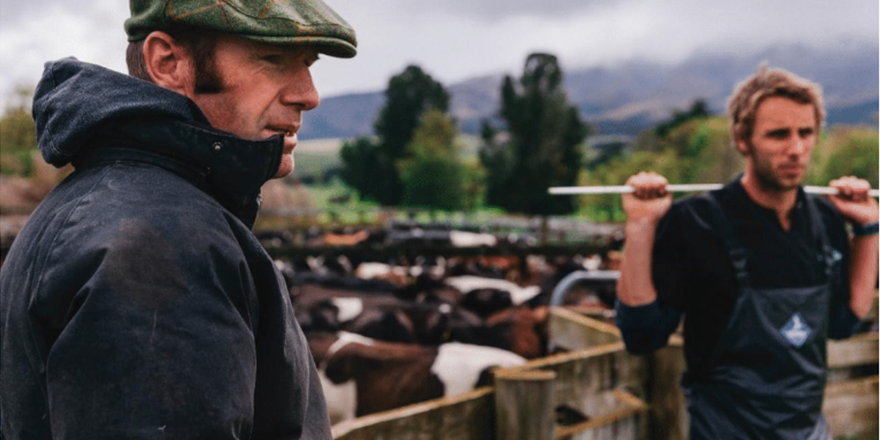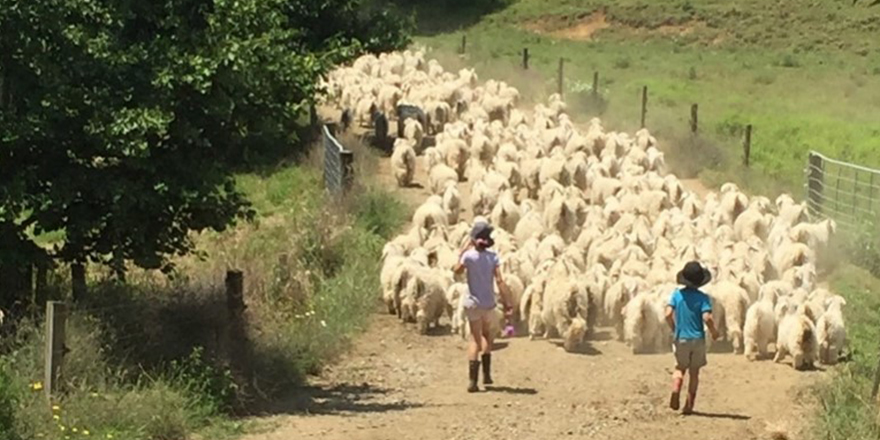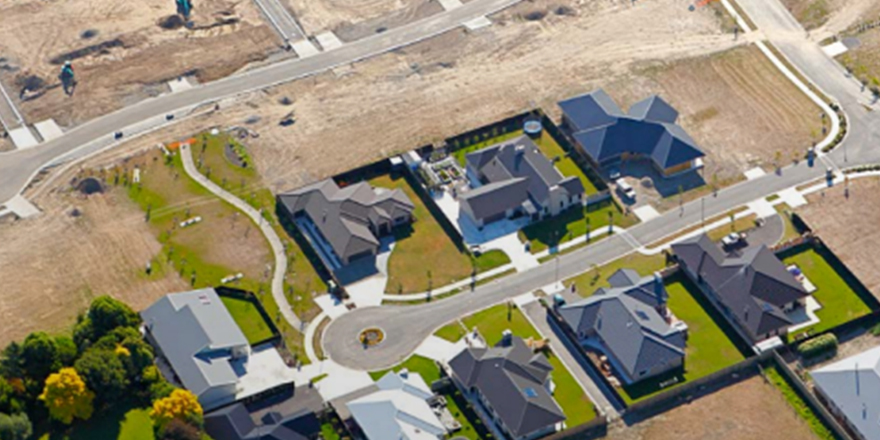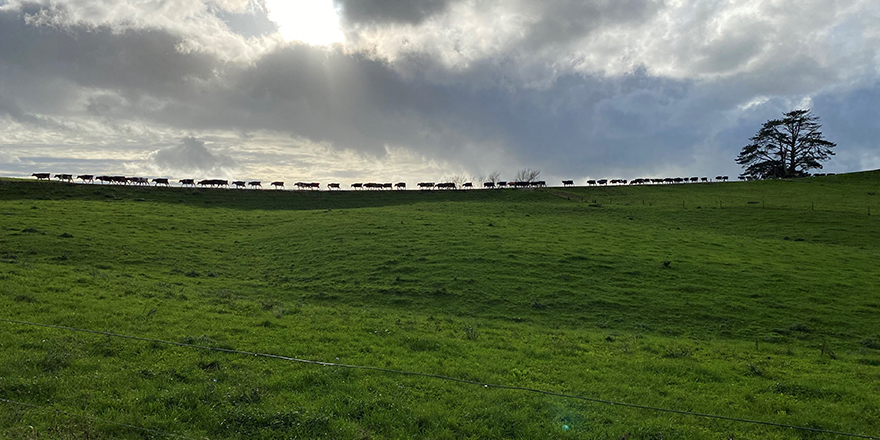
Executive Summary
The topic of social licence has become more mainstream in New Zealand in the past five years as our primary sector has grappled with what appears to be a public discontent with its environmental, health and safety, animal welfare and employment performance. The public discontent appears as if it is driving a wedge between the primary sector and urban communities (rural urban divide), however a recent report by the Ministry for Primary Industries on New Zealander’s views of the sector shows declining views of the sector from both urban and rural communities.
A Business NZ meeting, hosted at the request of Ministers English and Carter in 2012, (Muller & Garey, n.d.), was unanimous that social licence to operate issues are not only relevant to the agribusiness sector, but that further efforts from businesses in general were required to clarify and meet public expectations surrounding the social licence to operate. It was agreed that future national and regional governments are likely to regulate more and existing property rights had the potential to be affected.
In five years, positive perceptions of New Zealand dairy farming have slipped from 78% to 47% for urban respondents as have rural respondent’s views, though slightly higher, going from 83% to 50% (UMR Research, 2017). Dairy is used as an example here because this particular industry has been the main point of focus to date in public criticism. While these results tell us the industry is not yet at complete ‘withdrawal’ of its Social Licence to Operate (SLO), it is heading in that direction. Therefore the importance of not only understanding what a SLO is, but what can cause an industry or organisation to lose it and earn it back is paramount to New Zealand’s primary sector if it wants to maintain its access to natural resources and remain profitable.
Download and read the full report here




